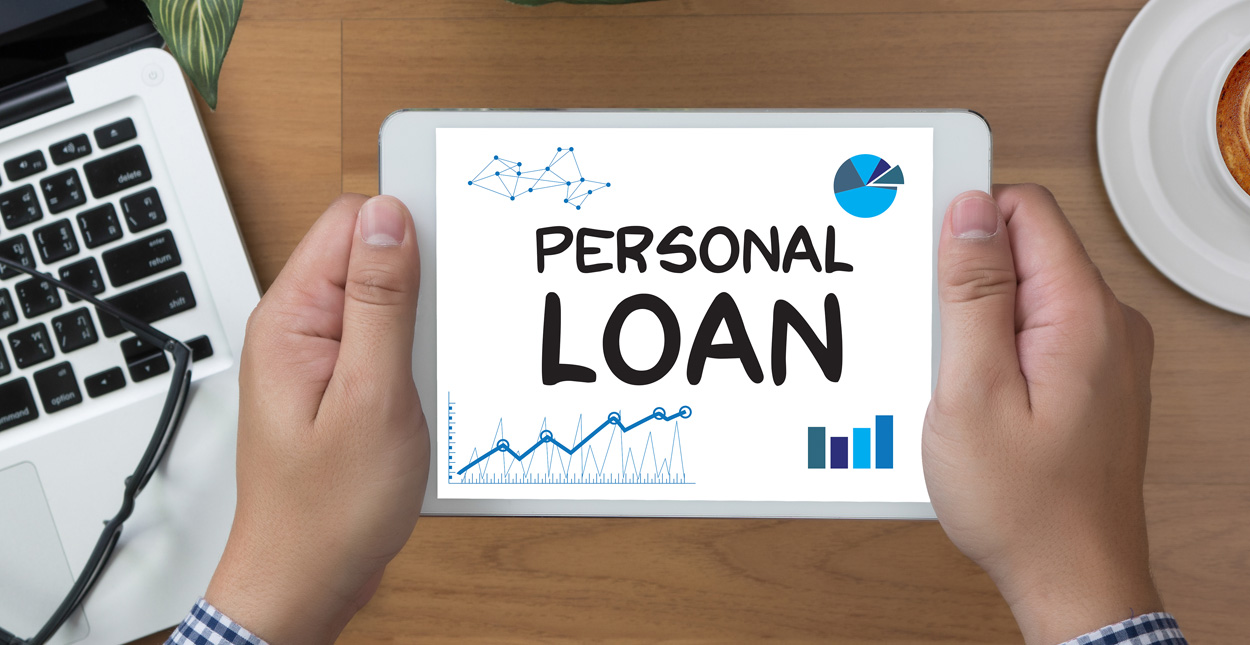
If you're facing problems getting a new credit card because of poor scores on your credit history, a second chance credit card with no security deposit may provide you with a second chance to make good of your financial situation. Even if you've had financial problems in the past, you can often get credit cards again even after having bankruptcies or repossessions. However, some people end up with higher interest rates and other fees than they were used to. This makes it hard for some people to reestablish their credit. In these cases, a second chance credit card with no deposit may provide an opportunity to finally get the credit you deserve.
To qualify for a second chance card, you'll need to prove to the issuer that you can meet the requirements of their program. There are actually three major credit bureaus involved in this process: TransUnion, Experian and Equifax. These agencies will work with lenders to come up with the best offers possible. Here are the three requirements, the issuer will use to determine if you meet their guidelines:
Credit Reports - The first requirement is to make sure you've updated your credit reports within 60 days of your application. Lenders will pull your credit reports from all three agencies once they approve your application. Make sure you receive at least one report from each bureau. This information can be helpful when evaluating your second chance credit card with no deposit status.

Debit and Non-Deductible Spousal Payment History - You've probably seen articles or stories on how debit and non-determined payment histories don't count towards your credit score. This isn't necessarily true. Most second chance credit cards work like traditional cards when it comes to calculating your credit score. It just makes the calculation a little bit easier. Just because your creditor reports you as having a payment history with a debit card doesn't mean it's going to be counted.
Credit Card balances - Your second chance credit cards will all require that you maintain at least a certain amount of credit limits. This percentage varies between different offers. You'll want to look closely at the balance requirements before applying, as many of these second chance credit cards have very low balances. This is why the minimum balance requirements often don't change much. If you don't want to meet any deposits required, then this will be a great choice.
Credit History & Payments - Second chance credit cards offer consumers an opportunity to re-establish their credit scores by not having to make monthly or installment payments. The first thing you should do is review your current credit report to determine if any of the items being reported are correct. If they are inaccurate, dispute them with each credit bureau. Be prepared for a possible credit account freeze until the disputes are resolved. Once the credit accounts have been corrected, you can then apply for your new second chance credit cards. Keep in mind that all second chance credit cards require a minimum deposit, as well as a daily minimum deposit.

Credit Score - Before you apply for your new account, check your credit score online to see if it is in good standing. If it isn't, this could be a good sign that you need to work on improving your credit score. In fact, most second chance credit cards offer an incentive program for those who have a high credit score. You may be able to get a significant cash bonus, as well as a lower interest rate on your balance transfer. All of these things will go a long way toward helping you improve your credit score. Keep in mind that while you don't need to pay off your balance to improve your credit score, it is still a good idea to keep your accounts open so that you can keep on paying your balance and avoid accumulating debt.
Credit Card with No Deposit - Second chance credit cards usually offer higher interest rates because you are perceived as a greater risk to the financial institution. Because you have poor credit scores, some financial institutions will give you a credit limit with higher interest rates and fees than those with better FICO scores. Since you are seen as a bigger financial risk, the financial institution will use these factors to determine whether or not you will be a good risk to provide credit to. With a no deposit option, you do not have to worry about protecting your money in case you don't pay your balance on time.